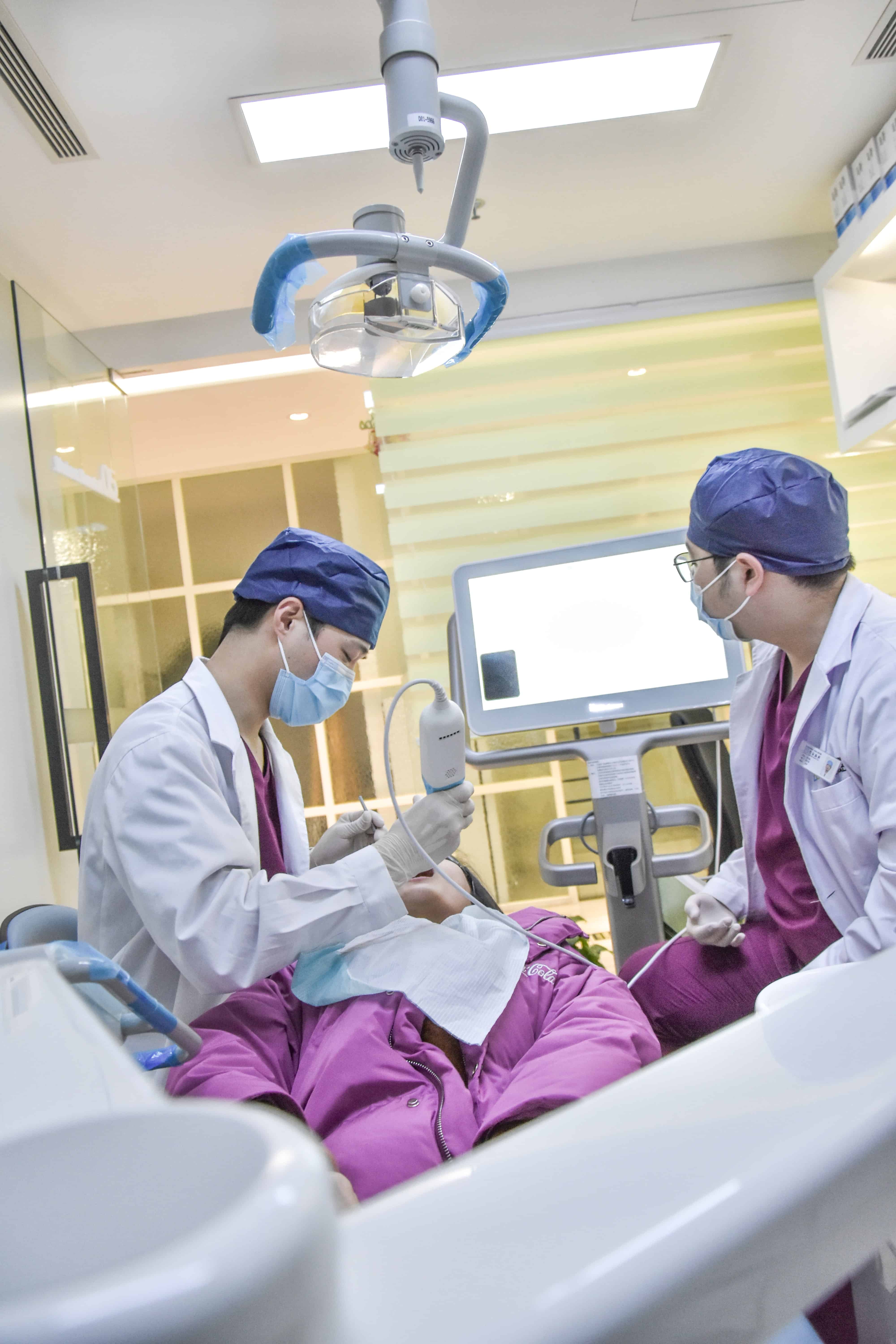HIPAA Rules for Dentists: Meeting HIPAA Compliance Requirements in Your Dental Office
The Health Insurance Portability and Accountability Act (HIPAA) established industry standards for anyone working in healthcare. As such, HIPAA rules for dentists are the same as any other covered entity’s (CE) obligations. HIPAA regulations for dental offices require HIPAA protected health information (PHI) to be safeguarded in the form of administrative, technical, and physical safeguards. With the increase in healthcare breaches, HIPAA dental compliance has never been more important.
Protecting patients’ PHI should be a top priority for any healthcare entity as the healthcare industry is the most targeted for ransomware attacks. A ransomware attack occurs when a hacker infiltrates an organization’s internal network and encrypts or steal sensitive data, demanding a sum of money for its return. Some medical practices, especially smaller ones, think that they don’t need to be concerned about ransomware attacks, however, hackers are increasingly targeting small businesses as they are easier targets.

Dentists hold a wealth of information on their patients that many people would consider innocuous, however much of it could be used to steal someone’s identity or commit financial fraud. Dental files generally include PHI such as patient names, addresses, phone numbers, Social Security numbers, credit card information, insurance information, and medical details.
How to Implement HIPAA Dental Compliance
HIPAA safeguards should be implemented to secure patients’ PHI.
- Administrative: relates to the policies and procedures surrounding the use and disclosure of PHI. These must be customized to directly relate to business operations. Employees must be trained annually on an organization’s policies and procedures as well as HIPAA requirements.
- Technical: relates to the security measures that secure sensitive data. This may include encryption, firewalls, and data backup.
- Physical: relates to security measures of an organization’s physical site, such as a dental office. Patient files must be inaccessible to unauthorized individuals, as such paper records should be in a locked room or filing cabinet.
HIPAA dental compliance requires implementing an effective compliance program that implements administrative, technical, and physical safeguards. HIPAA regulations for dental offices assesses the practice’s security measure with self-audits, trains employees, and develops an incident response plan for healthcare breaches. To implement a comprehensive HIPAA compliance program, it is recommended that you consult an expert to ensure that you are covering the full regulation.
An effective Dental HIPAA compliance program MUST include:
- Self-Audits – An effective HIPAA compliance management tool should give your practice the ability to audit yourself against the HIPAA Rules.
- Remediation Plans – In order to mitigate HIPAA violations your HIPAA compliance management tool should give you the ability to build actionable plans to remedy any areas of the law that you aren’t currently addressing.
- Policies, Procedures, Employee Training – HIPAA policies and procedures must be updated annually, and your HIPAA compliance management program should give you the ability to both craft and review them as time goes on. Additionally, all staff members must be trained year after year–and your HIPAA program should reflect that.
- Documentation – Documenting your progress is perhaps the most important component of HIPAA compliance management. Documentation must be retained for 6 years as per federal regulation.
- Business Associate Management – Managing vendors with whom you share PHI is an essential component of HIPAA. Your HIPAA compliance management program should include templates for Business Associate Agreements.
- Incident Management – Another essential component of HIPAA compliance management includes tracking and reporting data breaches to HHS as they occur.




